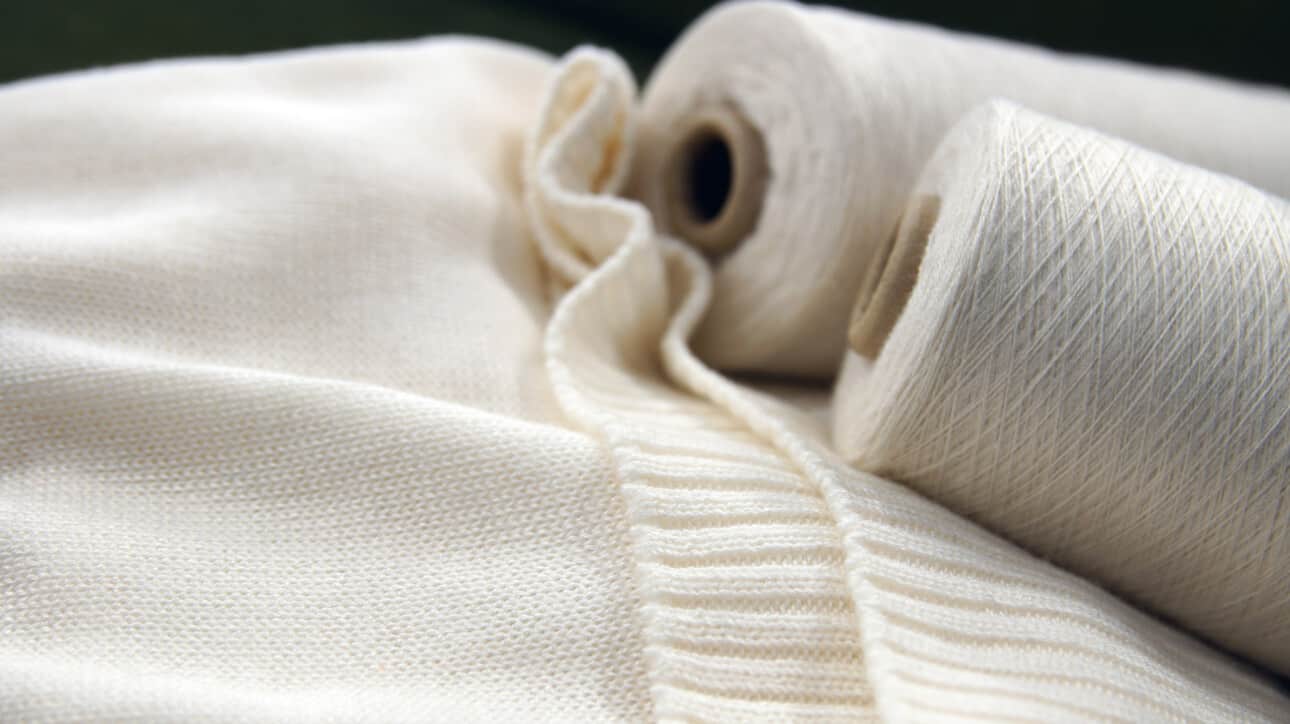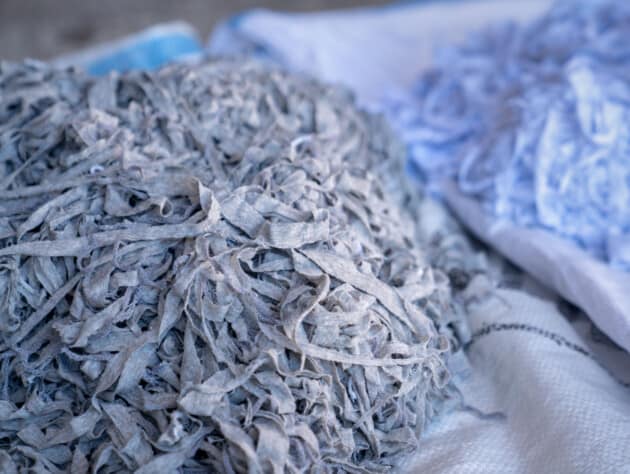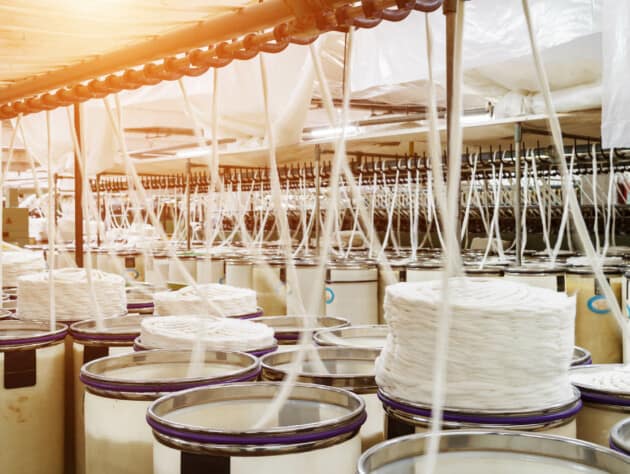Our standards help companies and consumers to verify sustainability claims.

To give the fashion and textile industry a way to authenticate their sustainability claims from raw material to final product, we’ve developed a set of robust standards. They fill the gaps in existing guidelines and verification tools, and we regularly adapt and upgrade them to meet the evolving needs of the industry. Our role is to develop, revise and own these standards. Auditing and certification to our standards is in the hands of third-party certification bodies.
Explore
Our Standards
Global Recycled Standard (GRS)
The GRS also ensures that recycled products are processed in a more climate-friendly way.
Responsible Mohair Standard (RMS)
The RMS addresses animal and environmental responsibility for mohair.
DEVELOPMENT
We’re ISEAL Code Compliant
That means our system has been verified independently against ISEAL’s Codes of Good Practice to make sure we have a robust, transparent process in place. We form an International Working Group with stakeholders from all corners of the industry and review our standards every five years at a minimum to make sure they stay relevant, effective, and reflective of best practices.

TRANSITION
We’re moving towards one unified standard
In July 2021, we began a sweeping revision of our standards system. We’re setting out to harmonize our eight standards into a single, more outcome-focused one that lets us track progress more efficiently and effectively. We’ll do this while exploiting data and technology to improve traceability.

Frequently Asked Questions
If you have a question not answered here, get in touch with us directly, and we’ll be happy to answer it for you.
How does Textile Exchange decide to develop or take on a standard?
We’re committed to building credible, internationally recognized standards that include assurance, monitoring, and evaluation systems. A new standard comes into play whenever a gap is identified in the industry. We’re ISEAL Code Compliant and use the ISEAL Codes of Good Practice in the development and implementation of our standards.
Are Textile Exchange standards recognized globally?
Yes, all our standards apply globally. You can use our logos worldwide as long as you meet the requirements for logo use and claims.
Who is authorized to audit Textile Exchange standards?
The list of approved certification bodies (or CBs) can be found at the link below.
Do I need to be a member of Textile Exchange to use Textile Exchange standards?
Standards and membership are two distinct services. Membership isn’t needed to get certified to one of our standards, although membership offers great benefits to our partners. You can find more information about membership here.
Do you have translations of your standards available in other languages?
Visit the Document Library to see all standards documents. For some, translations are available.
I would like to write an article about a Textile Exchange Standard. Can I conduct an interview with one of your team to get more details?
We’re happy if you want to write about one of our standards. You can contact our communications team.